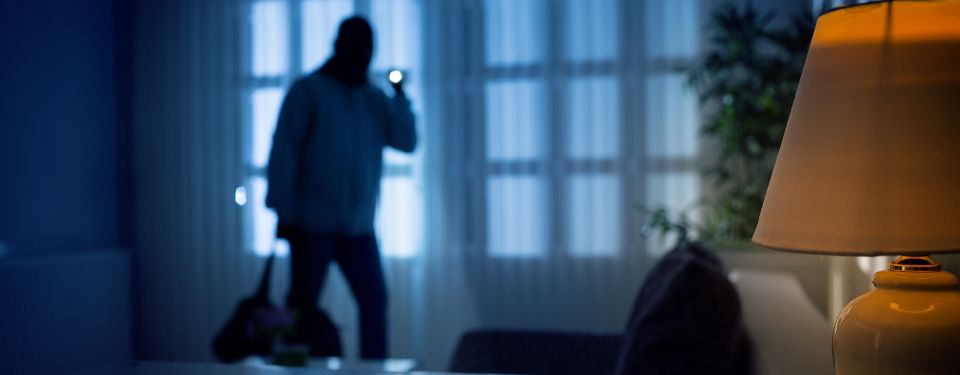
If you have been the victim of burglary, act quickly:
- Contact the Police immediately on the emergency number 113 and wait for the officers to arrive.
- To ensure no evidence is destroyed, do not touch anything, do not throw away anything and, above all, do not clean the crime scene.
- Do not tidy up until the Police have secured all evidence.
- Refuse access to the crime scene to any unauthorised persons.
Also remember to:
- Stay alert! Note the presence of third parties and their comings and goings to/from the crime scene. These observations may prove very important at subsequent stages of the investigation.
It is therefore important that you do not alter the crime scene. The crime scene is essentially the burglar's calling card. Evidence at the crime scene may provide clues during the investigation. This is why the Crime scene investigation unit visits the site to remove it.
Evidence may:
- come directly from the human body (fingerprints, blood stains, bite marks, hair, saliva, semen, odours, etc.);
- come from clothes (footprints, glove-prints, textiles, etc.);
- have been brought to the crime scene by the burglar (lumps of earth, hair from a third person, animal hair, paint residue, etc.);
- come from tools used (screwdriver, crowbar, tyres, powder traces, traces of soldering, etc.);
- be objects left behind by the perpetrator (tools, clothes, packaging, means of transport, etc.).
Evidence removed by the Crime scene investigation unit will then be analysed by the Forensic science unit.

